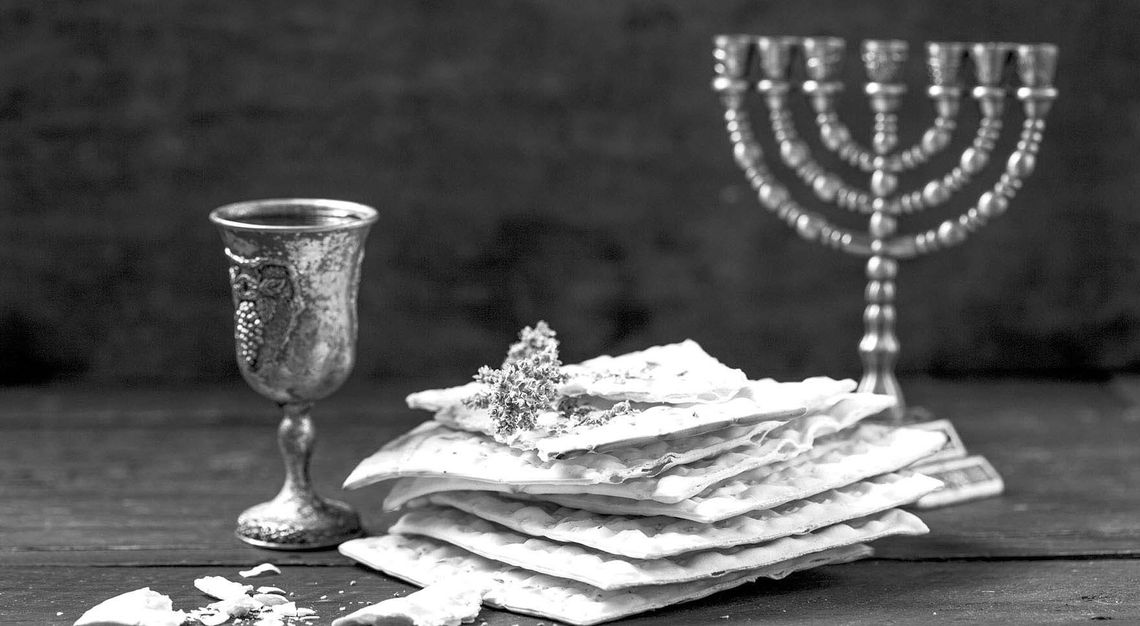DELIBERATELY DIVERSE | Frances Sorrow
“Deliberately Diverse” represents the opinions of a group of Taylor friends who never entirely agree on anything but welcome the opportunity to share their opinions in our beloved community.
The phrase “Let my people go” deeply resonates for many.
The Pilgrims saw their migration to the New World as an escape from religious persecution.
It spoke even more strongly to African American slaves trying to break free from the bonds of their oppressors.
But it was first used by a man called Moses about 3,200 years ago. Our ancestors were told to never forget they were slaves in Egypt.
We Jews were also told to remember and to celebrate our liberation from slavery.
We do this during the holiday of Passover. The Bible directs the 14th of Nisan be celebrated as the day God passed over the homes of the Hebrews while killing all firstborn in Egypt.
This tenth plague finally caused Pharaoh to let the Hebrews go. In 2025, this is April 21 in the secular calendar.
The observance is described in Exodus 12:14-19. These verses cover the length of the holiday and prohibit eating anything with leaven during that time.
Exodus 12:24 also states, “You shall observe this as an institution for all time for you and for your descendants.”
Surprisingly, we do not read the Book of Exodus during the holiday. We read from a book called the Haggadah, which means “telling.”
Although there are hundreds of Haggadah versions, all I’ve ever seen start the retelling of the Exodus story with some version of the following: “Once we were slaves in the land of Egypt, but the Lord our God brought us from there with an outstretched arm and a mighty hand. Had the Lord our God not brought us out, then we, our children and our children’s children would still be enslaved in the land of Egypt.”
The story is related at a festive meal called Seder, which means order, since the Haggadah lays out the order of the meal. It also describes the eating of bitter herbs, some dipped in salt water, to recall the bitterness of slavery.
Matzah, unleavened bread, is eaten and will be the only kind of bread for the next seven days.
The Seder meal has some traditional aspects that everyone expects and enjoys. These are songs, psalms and blessings.
One of the most heartfelt passages of the Haggadah is the refrain, “This year people are enslaved, next year may we all be free.”
This reflects the fact that not only are there still pockets of traditional enslavement in the world, but also the slavery of anger, arrogance, bigotry and hatred.
Let us hope that together we can work on eliminating these so we can all proclaim the joyous Passover refrain, “Let us go forth in triumph from slavery into freedom!”
Sorrow is a longtime Taylor resident.




